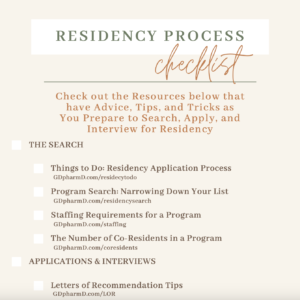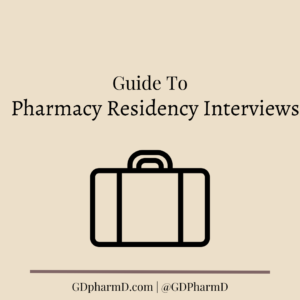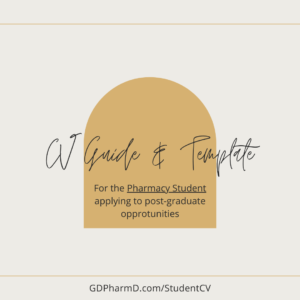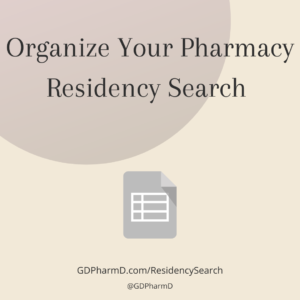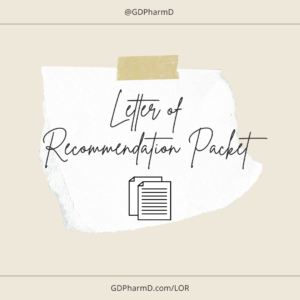You made it past midyear! Midyear is definitely a whirlwind but I hope you had time to have fun. Now it’s time to get those apps in! I remember how stressful those three weeks were and I wanted to write a short blog post to help you all with tips about what to do post-midyear. I talk about tips for your Letter of Intent, CV, PhORCAS, Letters of Recommendation, and more!
If you’re new to my page, here’s a little about me: I graduated from Rutgers pharmacy school in 2020 and matched at Johns Hopkins Bayview Medical Center (which was my #1 choice since the beginning of the residency process) for residency by the grace of God!
1. Send Those Post-Midyear Thank You Emails!
Include any follow-up questions IF you have any. Keep the emails short and sweet and include anything you may have talked about. PRO-TIP, you can schedule emails in Gmail to go out on Monday after midyear or even the Friday of the same week of Midyear
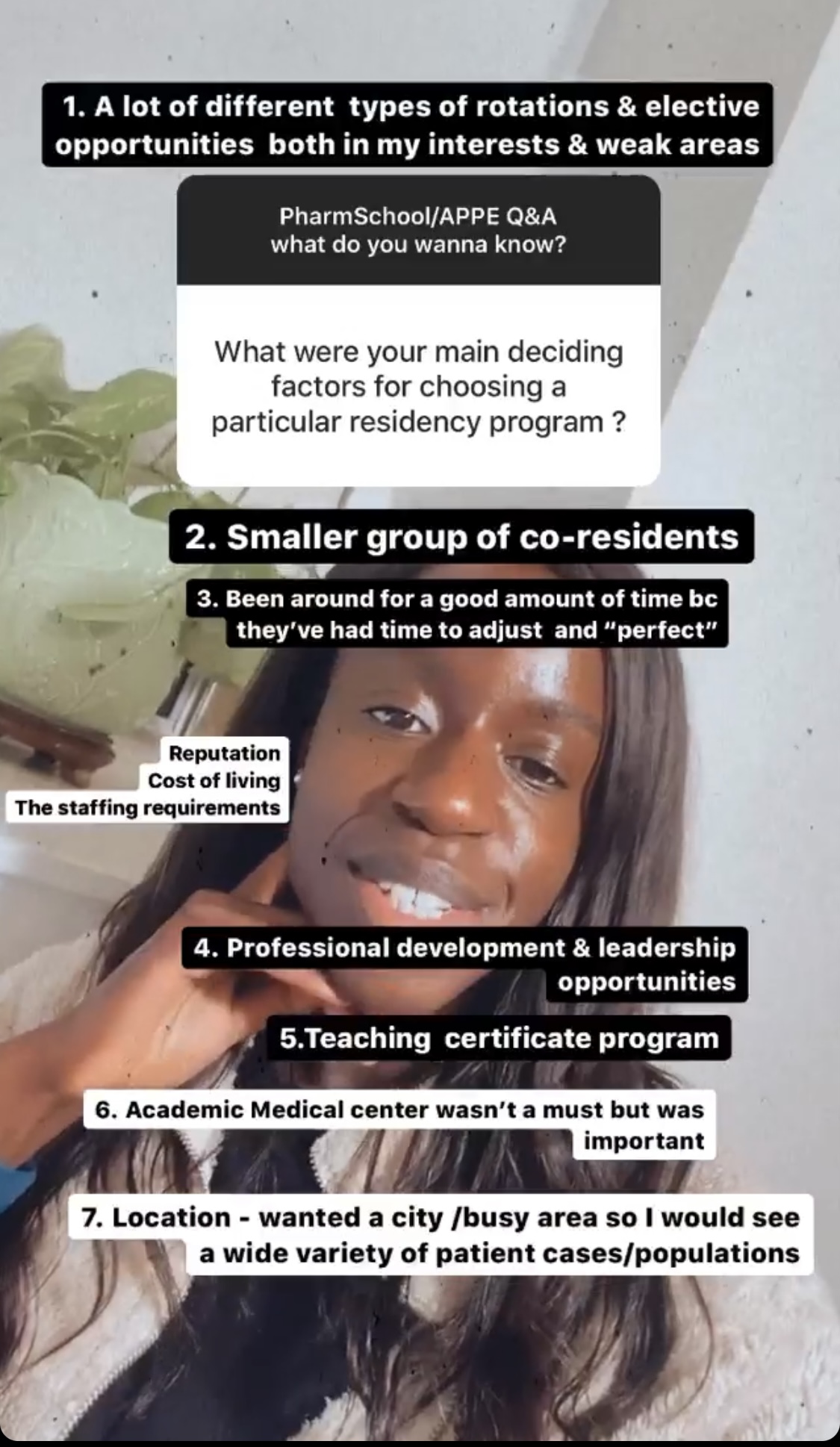
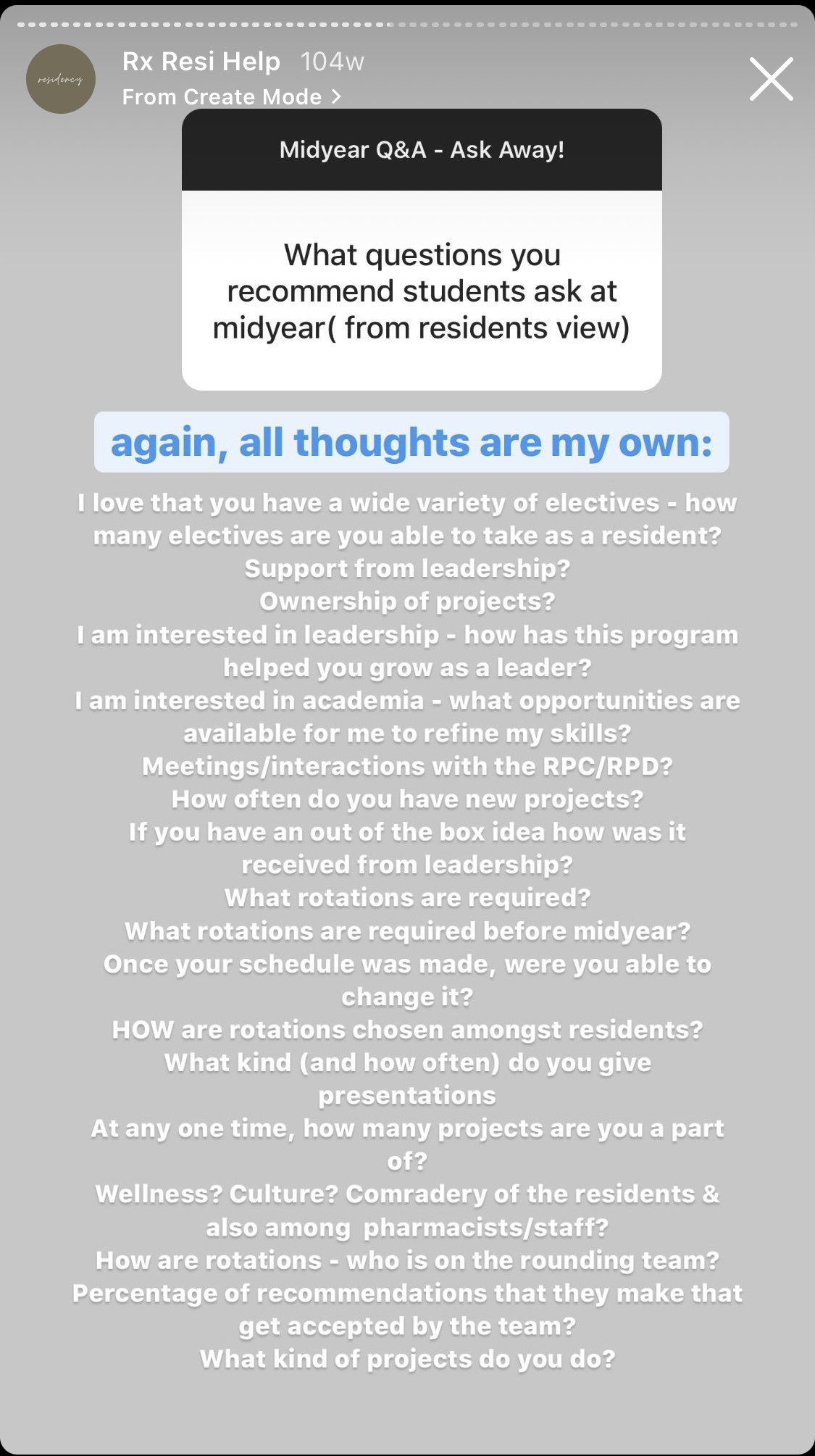
All the screenshots above are from my Instagram’s ‘Rx Resi Help’ Highlight! Check it out HERE for the tips I’ve shared over the years!
2. Narrow Down Your List of Programs
I have a blog post on how to narrow your list down but since I have A LOT to say about this topic haha here’s more info! So, you’ve visited numerous booths and talked to so many programs, now what? By this point, there are probably programs you have your heart set on and some you’re just not certain of. I know the feeling of thinking every program is the same. I would say first use OBJECTIVE data about programs such as, how long has the program been around, is the program accredited or not, staffing requirements, location, rotations (required, elective, optional), opportunities available, how the research project is done, and how the program aligns with your future goals while ALSO keeping in mind that your goals may change. Therefore, it is important to evaluate if there is room for changing your schedule/rotations in that program so ask yourself if there are a variety of rotations and flexible schedules (don’t forget to read this post for more details). Then, use subjective data such as how you perceived the residents liked their program, the “vibe” and gut feelings you have about the program, etc. During mid-year after the residency showcases, I IMMEDIATELY wrote down how I felt about each program so that I would remember it before the day was over.
I seriously cannot stress enough the importance of evaluating a program based on your future goals and career aspirations. The opportunities a program provides will be the very things that go on your CV when it’s time to get a job or apply for a PGY-2 (if you so choose). If you’re not sure what you want to do within your career, programs that have a wide variety of rotations vs a focused program would be good to think about.
Remember, you should choose a program that’s right for YOU because you and only you will be going through this residency. A program that is best for one person, may not be good for you. This next tip may be more so for your rank list post-interviews, but I’ll say it here anyway: although it may be hard, try not to pick a program based on one rotation or one preceptor. Have multiple reasons/preceptors/locations that you like about a program because things change. Preceptors may leave, rotations may get eliminated, and leadership can change as well so keep that in mind.
For more info on specific factors see both the Staffing and Residency Class Size blogs.



3. Contact Your Letter Writers
See my other blog post on Letters of Recommendation where I go VERY in-depth on all things letters of recommendation and on what to give to your letter writers to make sure you set yourself up for success. In your communication with them, emphasize deadlines and any special considerations to them and also give your final list of programs that you’re applying for, and ensure they received the email from PhORCAS about writing your letter. If you’re looking for a template of what to send to your letter writers, check out THIS template.
4. Start and Finish Your Letter of Intent
This was probably the HARDEST part for me. My first tip is to contact your career services center at your University/College. They have paid and trained professionals who are there to review things like letters of intent/cover letters/CVs…etc., so take advantage of that.
Similar to any paper, create an outline so the letter flows succinctly. For me, I had an introduction paragraph, a few body paragraphs, and a conclusion paragraph (my conclusion was just a couple of sentences). Your letter of intent should address the RPD/RPC properly. If the person is a PharmD and their name is Jane Smith, it should be addressed to Dr. Smith. In your letter, you need to emphasize your goals and how those fit with the program (think about how you’re a match for them and how they are a match for you). If you want to be an emergency medicine pharmacist, talk about the trauma level at that particular hospital and the emergency medicine rotations available that will help you gain experience, talk about your APPE rotation in the ED and some interventions you made and how that particular hospital will help you gain more experience to help more patients. SHOW, don’t just tell examples of your attributes that make you a good candidate. In your letter, there will likely be certain things about yourself that you want to highlight. Let’s say you choose to focus on four attributes: your clinical abilities, leadership, patient counseling, and volunteer work, each of those topics would be the main focus of one of the body paragraphs. Have examples for each attribute and connect the program with those abilities and how the program can further help you achieve/refine them. Also, remember that residency is not all about you so include things about what you can/will bring to the program and even how you look forward to giving back to the program and hospital during your time there and beyond.
Lastly, my letter of intent was one-page.


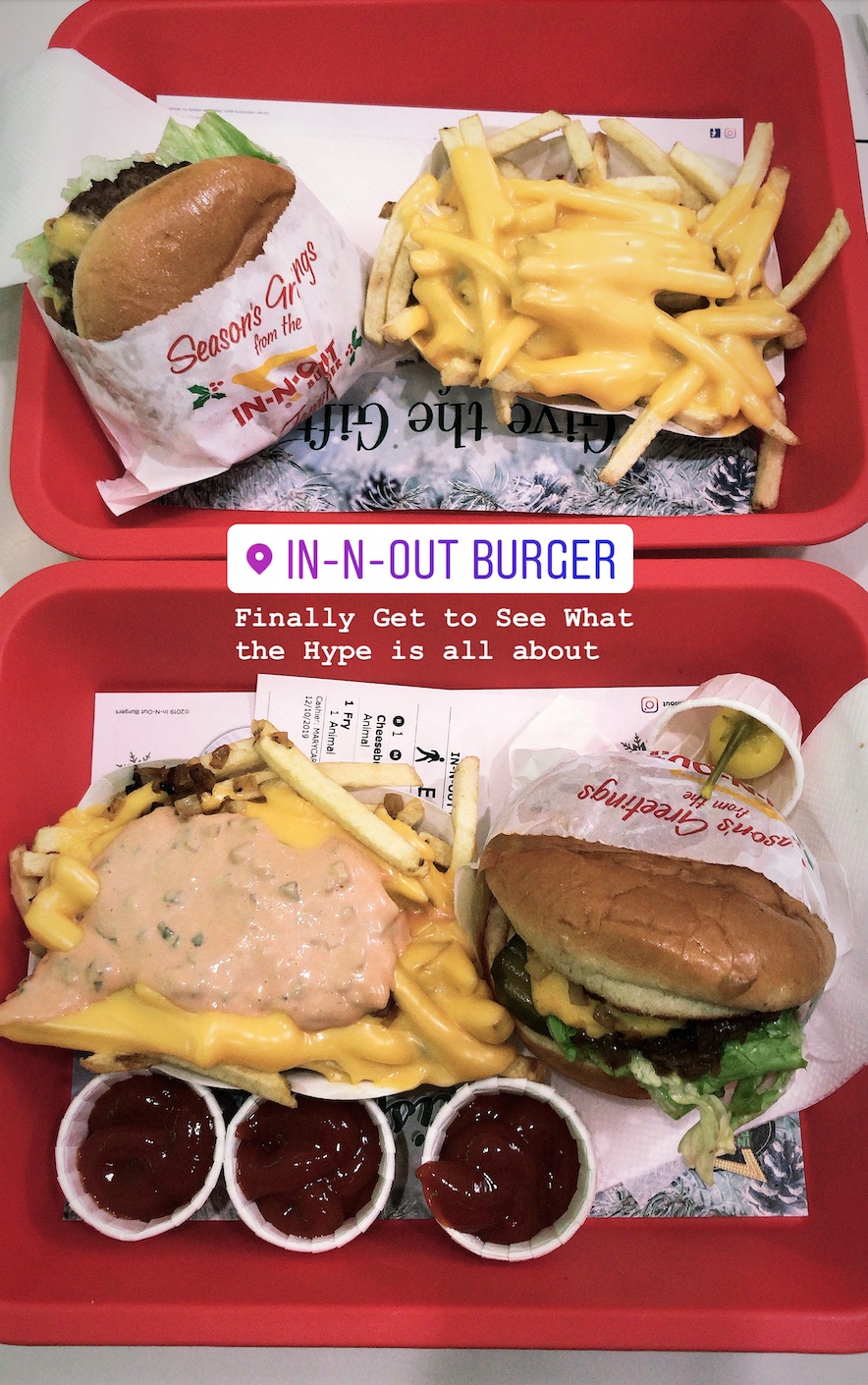
5. Finish your CV
Your CV is very important and by this point, you probably already have a pretty solid version. Post-midyear, you may just need some minor tweaking and that’s perfectly fine! When I was a student, I chose to do residency pretty ‘late’ in the game compared to most (I decided around my third APPE rotation so I had a lot to catch up on). I read A LOT about the residency process and attended multiple webinars and gathered that many (but not all) programs have a grading system in order to objectively evaluate students. The systems in which programs choose candidates for interviewing vary WIDELY across programs, but one thing is for sure, they all look at what you’ve done in pharmacy school and previous to that (if you did undergrad, for example) and your CV is what showcases all your hard work.
Suggested sections (in no particular order of importance):
- Name on top (large and bold), contact information
- Education and Training
- Work experience (this includes work, internships, shadowing, etc)
- APPEs – the first one I listed was the APPE I was on, following that were the APPEs I already did, and then at the end were my anticipated APPEs. For your APPEs and IPPEs (if you include IPPEs) be sure to have the name of the hospital, name of rotation, and name of the preceptor.
- Presentations – include the title of the presentation, where it was presented, and who it was presented to (such as pharmacists, physicians, nurses, and/or students)
- Research
- Publications/posters/abstracts
- Leadership & Professional memberships – be sure to include any honor societies here as well
- Community service
- Honors and Awards
- Certificates
If you have unique experiences, include them! For example, I have an interest in public health and policy so I included my public health internship and activities I was involved with in my local government (this was key for me to include because Maryland’s hospital pharmacist chapter was very involved in legislation and very involved in the residency programs in Maryland (so it was another way that I could connect being a ‘fit’ for the programs). While I worked many many jobs in pharmacy school and undergrad like waitressing, fast food, etc I did not include those LOL but I did include my time as a substitute teacher. Be sure to include in your CV if you participated in any clinical competitions in pharmacy school as well.
Other random tips: extend the margins on your CV to get the MOST out of your space, upload your CV as a PDF to the PhORCAS system or else the formatting will be all over the place, include footers with page numbers, and make sure the CV is easy to follow and visually appealing but not distracting.
There’s a lot of debate about including things you did on rotations as bullet points vs. just listing the rotation. I included what I did on rotations but weigh the pros and cons and see what’s best for you.
Lastly, my CV was four pages long! If you want to download a guide and template, click HERE.
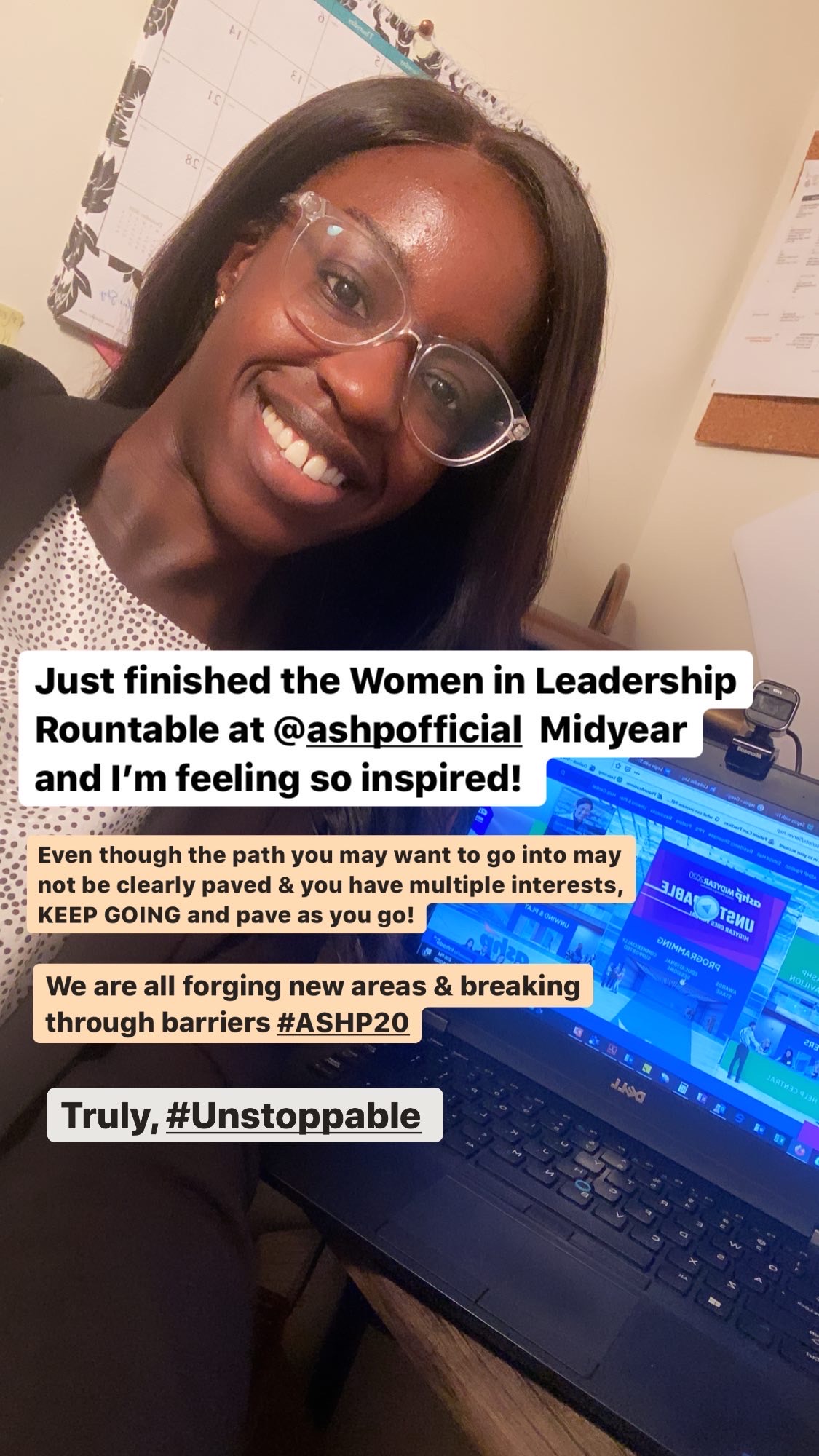
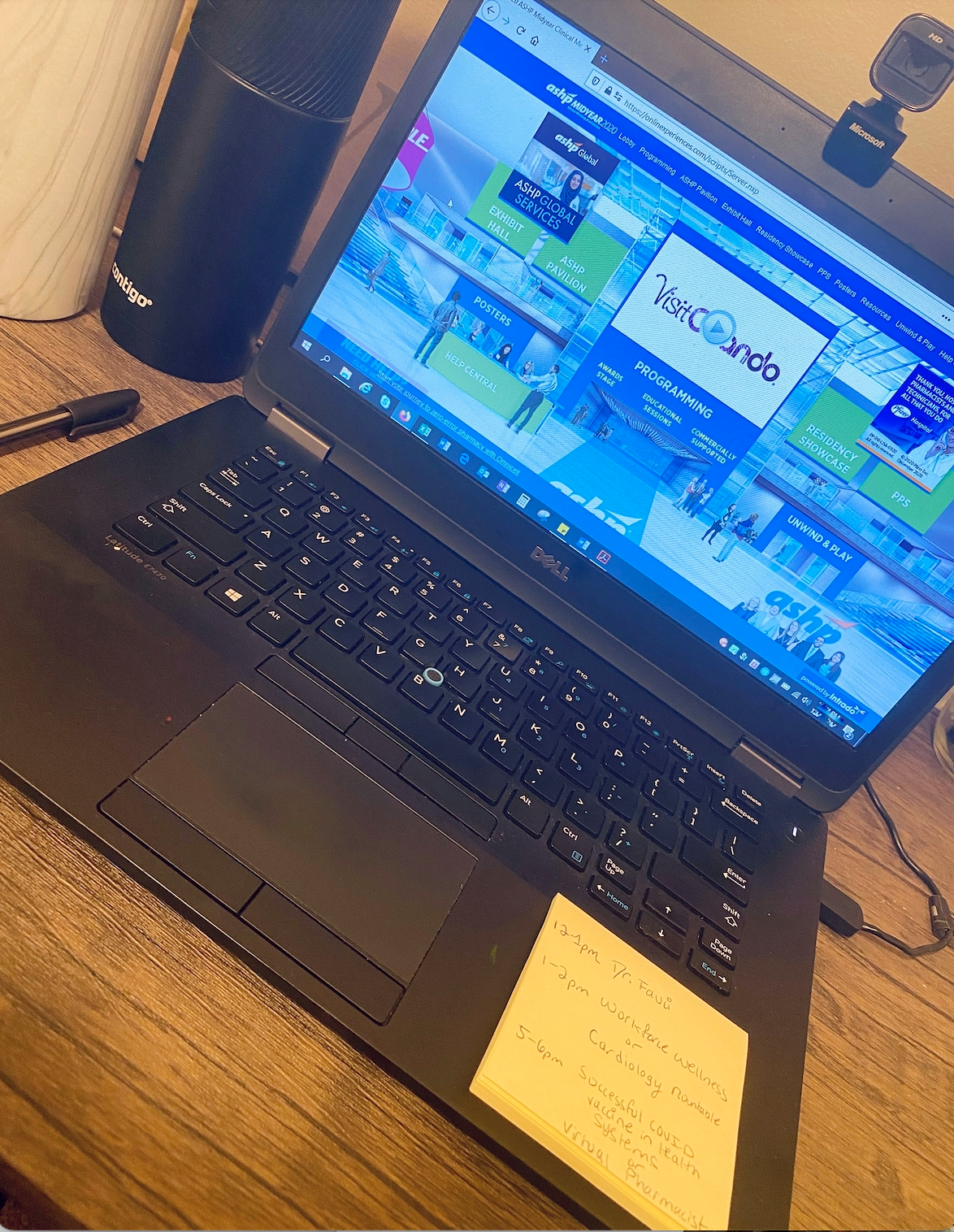
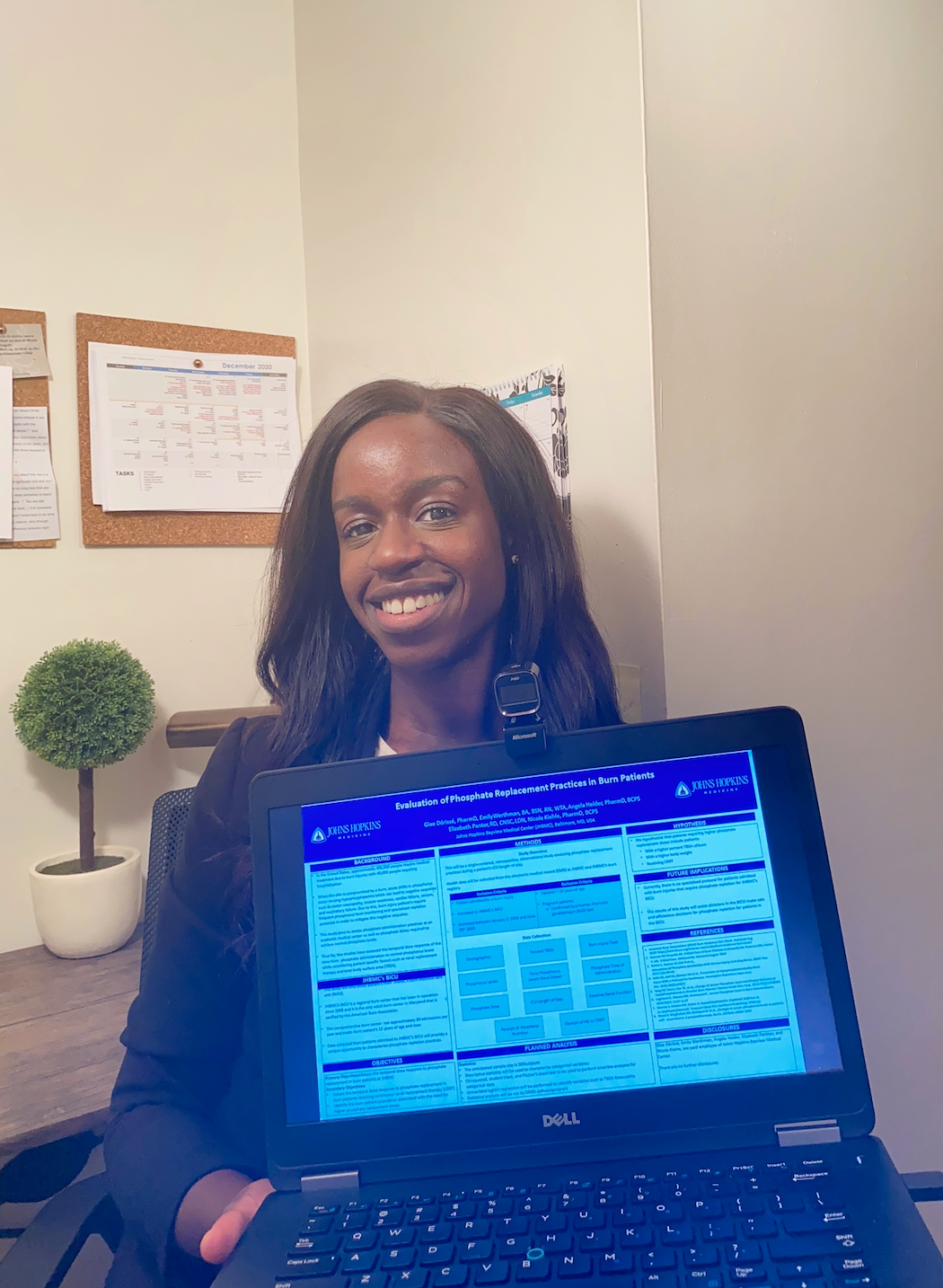
6. Finish the PhORCAS Application
The PhORCAS application is pretty straightforward so there won’t be much to say here but if you have questions or are having technical issues, their customer service is really good, so reach out! For the open-response questions, it’s best to draft them in a Microsoft Word/Google doc to check for any grammatical and spelling mistakes before you submit them. Even though some of the questions may seem to be duplicates of what you already have on your CV, fill it out in its entirety! Don’t leave it blank and think ‘They will just look at my CV.’ Each program has a different way of reviewing applications and there may be different evaluators as well. Some programs/evaluators can review your application in entirely via PhORCAS and some evaluators may only have the chance to look at your CV and some a combination so give yourself the BEST shot by using every opportunity possible. So, take that extra time to explain the awards, scholarships, or whatever else they ask in those free responses.
Be sure to check out the resources that ASHP and PhORCAS have available on tips for filling out the applications as well.
Lastly, I applied to 7 programs and received 4 interview invites.
7. Celebrate and Relax
You submitted it! Take a sigh of relief and honestly chill out or go do something fun! Making it this far is something to be celebrated. You’ve spent the greater part of the last few months dedicating so much time to this process. Schedule things to do with friends, family, and even solo to help distract you from the angst of waiting for interview invites!
8. Focus on APPEs and don’t bog yourself down in worry waiting for interview invites
Although all that will be on your mind are interview invites, put your energy into focusing on APPEs. Interview invites come out staggered and although you may be on rotations with other students who have gotten invites already, don’t worry! Each program has a different timeline.
9. Gather Sample Interview Questions
There are tons of questions I pulled right from Google searches. This will be a good distraction AND so that when it’s time to actually prepare for interviews, you’re ahead of the game!
10. Check out my other blog posts on residency application prep to be ready for the next steps
I wish you ALL the best! For more Residency content, check out the rest of my residency blog posts on here and on Instagram. I have created guides and have an Instagram highlight called ‘Rx Resi Help.’ If you have any other questions or need clarification, feel free to DM me on Instagram and share this post with anyone who you think may need it!
More Resources
- PhoRCAS applicant presentation
- PhoRCAS FAQ
- PhoRCAS what’s new
- ASHP student residency resource center (you’ll need to sign in to access that content)
- General resources on PhORCAS
'Unless the Lord builds a house, the work of the builders is wasted. Unless the Lord protects a city, guarding it with sentries will do no good. It is useless for you to work so hard from early morning until late at night, anxiously working for food to eat; for God gives rest to his loved ones. ' Psalms 127:1-2

Things to Do: Residency Application Process
Pharmacy Residency Search: Finding Programs & Narrowing Down Your List
The Number of Co-residents in a PGY-1 Pharmacy Residency: Why it’s Important and How to Decide
Staffing During Pharmacy Residency: Should it Factor into Your Decision?
Mid-Year Tips (Virtual Edition)
Top Tips for Pharmacy Residency Interviews #InterviewSZN
